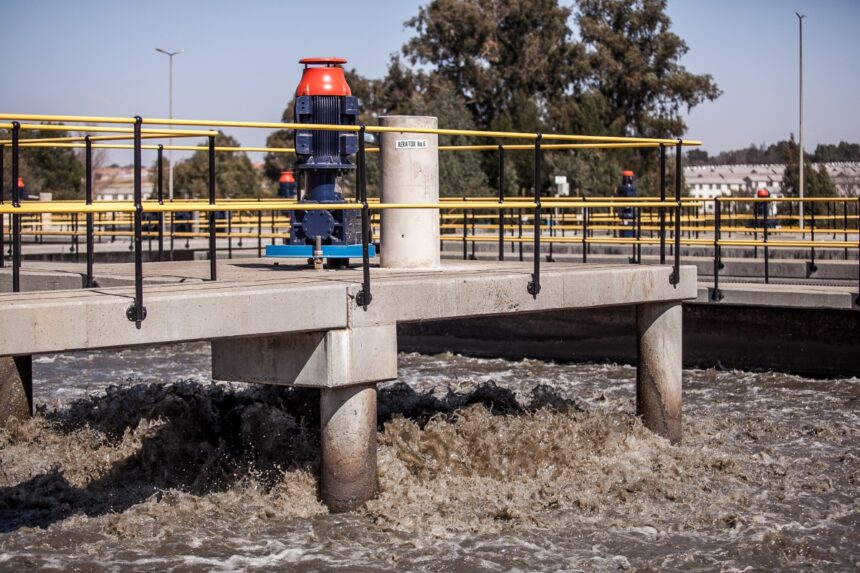South Africa is currently facing a water crisis that is no longer just on the horizon – it is already here. With aging infrastructure, increasing pollution levels, and a growing demand for clean water, the country is in the midst of a national emergency. Access to clean and safe water is not only crucial for public health, but also for economic development and social stability.
In order to address this crisis, it is imperative that water treatment becomes a central focus of a broader infrastructure renewal agenda. This includes implementing decentralized solutions, fostering private-sector innovation, and making long-term investments in water treatment facilities.
The current state of South Africa’s water infrastructure is alarming. According to the Department of Water and Sanitation’s 2023 Blue Drop Report, only 14% of the country’s water supply systems consistently meet good quality standards. This means that nearly half of municipalities are supplying water that could pose serious health risks. Additionally, the Green Drop Report reveals that 64% of wastewater treatment plants are classified as high or critical risk, leading to untreated effluent contaminating water sources and putting further strain on drinking water systems.
Certain provinces, such as Mpumalanga and the Northern Cape, are particularly vulnerable, with over 60% of water systems failing compliance tests. This highlights the urgent need for increased capacity to meet the rising demand for clean water, especially in rapidly growing areas like the North Coast of KwaZulu-Natal and parts of Gauteng.
Decentralized water treatment is becoming increasingly essential as municipal systems struggle to support new developments. Private developers are already being forced to build their own water and wastewater treatment plants to meet the needs of their communities. These systems can range from small-scale units for individual homes to larger plants serving thousands of households.
In addition to addressing infrastructure gaps, decentralized treatment also serves as a form of risk management. Businesses and homeowners are increasingly turning to on-site water treatment to ensure safety, especially in areas where municipal water quality is unreliable. Innovation in wastewater recycling and greywater reuse is also gaining traction, not only out of necessity but also as an ESG consideration for responsible business practices.
However, technology and infrastructure alone are not enough to address South Africa’s water crisis. The country is also facing a shortage of skilled technical operators, with over 50% of water plants lacking properly trained personnel. This lack of expertise is a major contributing factor to facilities failing to meet water quality standards.
In order to address these challenges, upskilling plant operators and improving technical management must become a national priority. Without a focus on building technical capacity, new systems and upgrades will not be able to effectively protect communities and businesses.
While long-term infrastructure investment is crucial, there are immediate interventions that can make a difference. Investing in decentralized plants, supporting post-meter treatment, streamlining water-use approvals, improving operator training, and encouraging public-private partnerships are all practical steps that can help mitigate the water crisis in the short term.
Policy also plays a vital role in addressing the water crisis. Reducing red tape and expediting the approval process for water-use licenses and infrastructure projects is essential to ensure that communities at risk have timely access to clean water.
South Africa’s water systems are currently facing a downward trend, with more municipalities falling into critical condition. It is imperative that urgent action, collaboration, and a shared commitment to safeguarding the country’s water future are prioritized in order to reverse this troubling trajectory.








